When working with DIY appliance care, the practice of maintaining and troubleshooting household devices on your own. Also known as home appliance maintenance, it helps you avoid costly service calls and extends product life.
DIY appliance care isn’t just about fixing a broken part; it’s a mindset that blends safety, efficiency, and a bit of know‑how. Safety checks are a core part of the routine, because spotting a frayed cord or a loose grounding screw before it fails prevents accidents. Energy efficiency considerations guide you to clean condenser coils, defrost freezers regularly, and keep dryer lint traps clear, which saves electricity and lowers your bills. Basic tool kits equipped with insulated screwdrivers, needle‑nose pliers, a multimeter, and a set of spanners give you the right bite to tackle most fixes without renting equipment. These three ideas form a simple equation: DIY appliance care includes regular safety checks, requires the right tools, and benefits from energy‑saving habits.
Looking at the common problems across our guides, you’ll notice patterns. Oven control boards, boiler pressure drops, and extractor fan motor failures all share a need for visual inspection and a quick test of power supply before you start dismantling. Understanding the typical cost of parts—like a £70 gas oven igniter or a £120 heat‑pump compressor—helps you decide whether a repair is worth it. If a washing machine’s drum assembly costs more than a new machine, the smart move is to replace. Knowing the lifespan of key appliances, such as a 10‑12 year window for a standard dishwasher, lets you plan upgrades before a sudden breakdown. The posts below walk you through step‑by‑step diagnostics, when to press a reset button safely, and how to decide if a professional call is necessary. Armed with this background, you’ll be able to scan a problem, pick the right tool, and apply the right fix with confidence.
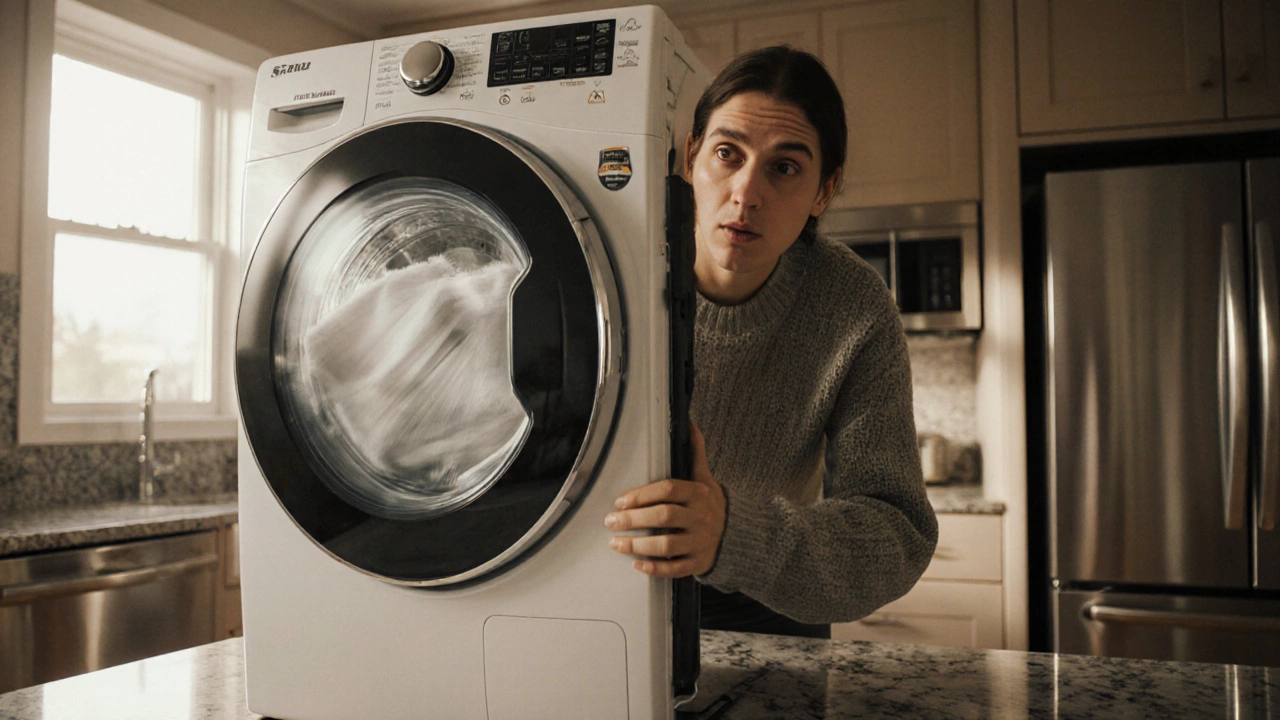
Learn why and when appliances need professional service, the signs of trouble, how often each should be checked, DIY tips, costs and when to replace.
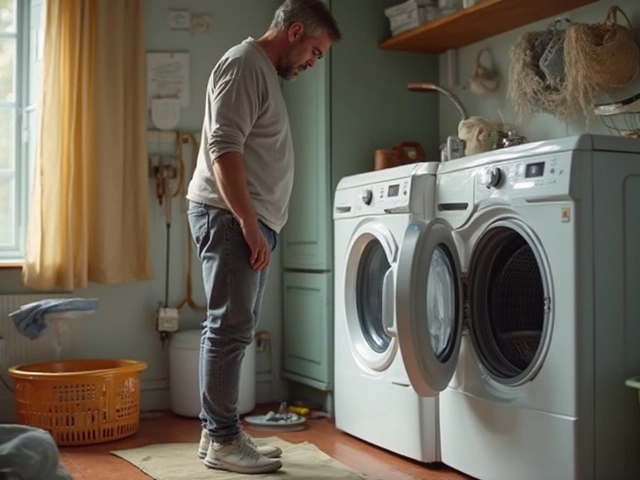
Find out why your tumble dryer isn't spinning and learn step-by-step fixes for common dryer problems. Stay informed with practical tips and real solutions.
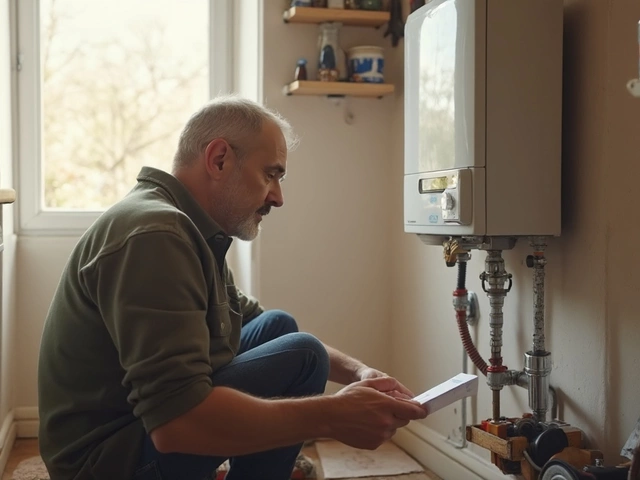
Thinking about handling your own boiler service? Get the truth about what you can and can’t do, why safety matters, and which tasks are okay for homeowners. This article covers legal restrictions, common mistakes to avoid, and practical tips for everyday boiler care. Learn how to spot problems early and when it's really time to call a pro. Save yourself headaches, money, and maybe even a major disaster by knowing the facts.
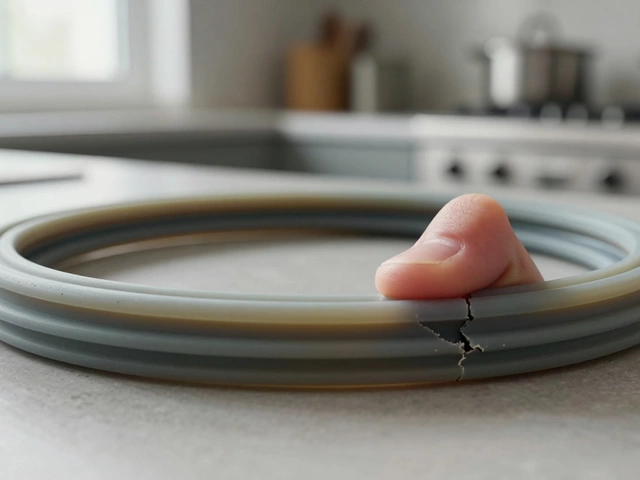
The most common pressure cooker problems are leaking steam, bad seals, clogged valves, and lid issues. Learn how to diagnose and fix them yourself before replacing your cooker.

Boilers are the unsung heroes of many homes, tirelessly keeping us warm through the coldest months. But how long can these mighty machines really last? This article delves into the factors affecting boiler lifespan, maintenance tips for longevity, and whether hitting the five-decade mark is realistic. Learn about the signs of wear and when it might be time for an upgrade.
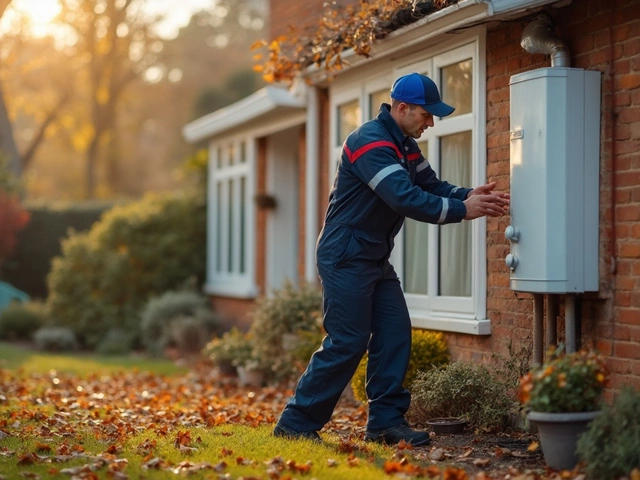
Replacing a boiler can seem like a daunting task, but knowing what to expect can make the process easier. Typically, boiler replacement involves several steps including removing the old unit, choosing the right size and type for your home, and ensuring proper installation. Skilled professionals often make the experience smoother by handling the technical aspects and minimizing disruption. Preparation and understanding of the process can help homeowners tackle this job with confidence.